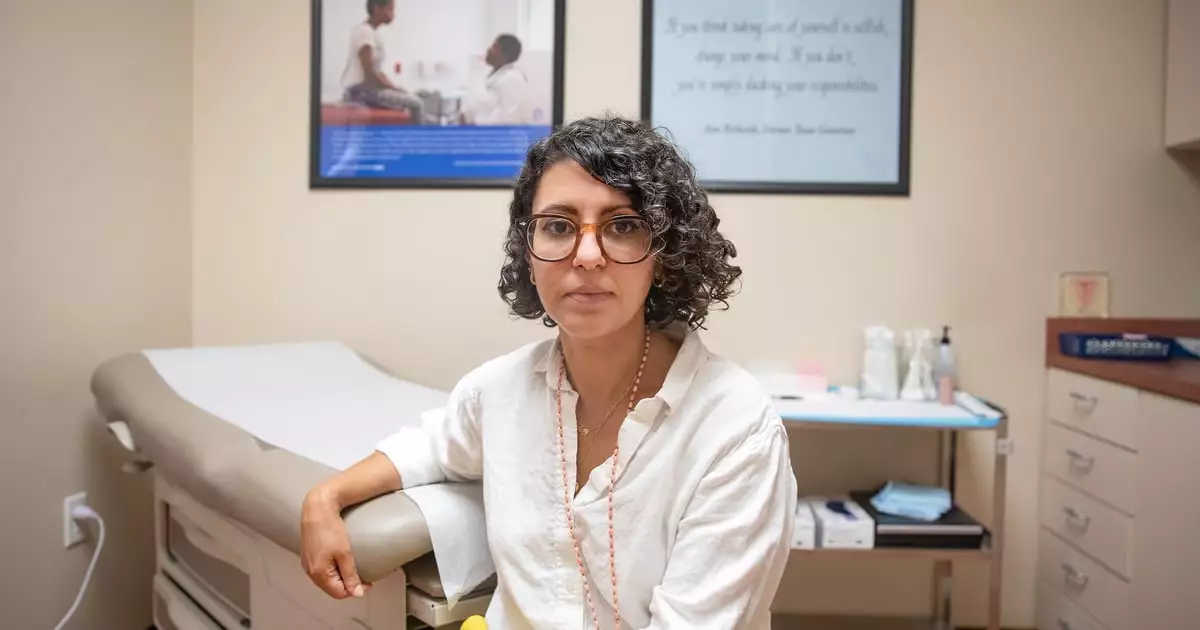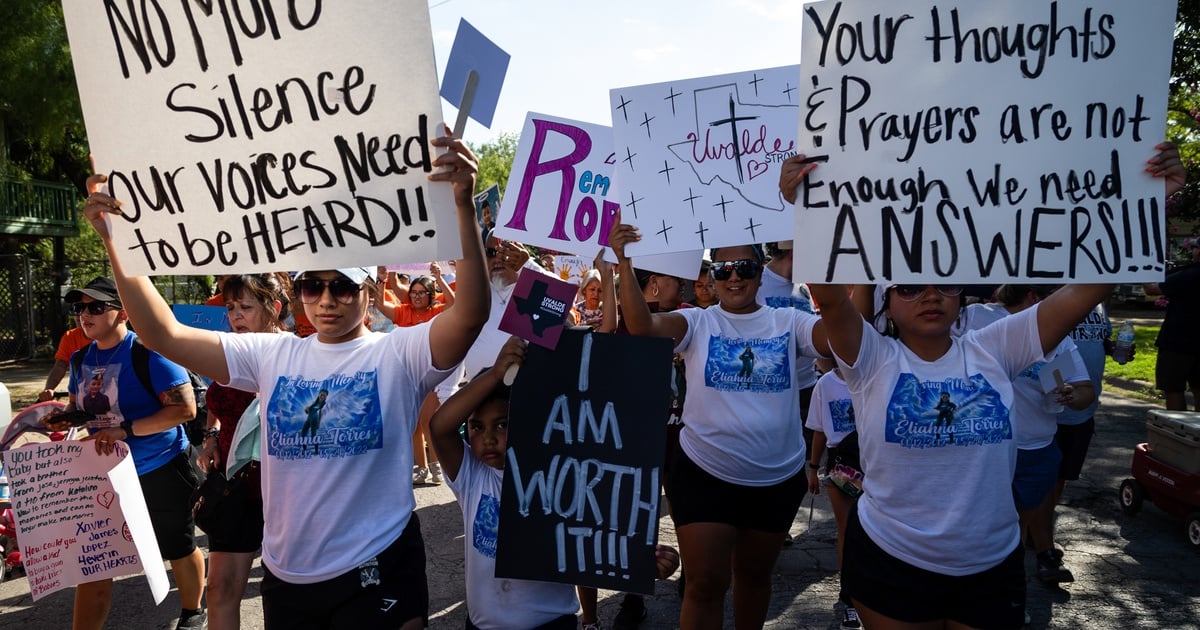

Ultimately this a definition issue, and is philosophical more than scientific. I have no doubt he’s a great neuroscientist, but it’s really not a great take. I think that the whole idea of neurochemistry cascading into the decisions we make doesn’t mean we don’t have the ability to choose within our neurochemical makeup. I think it definitely pushing a good point in that the root causes of our behavior, especially anti-social behavior, is possibly addressable in how we support and raise our kids.









Lol. I can tell you if you asked doctors what the biggest problem in their clinic, it’s the EMR. I can say this myself, I’ve been in healthcare for a while in various roles, and i’m not to far off from graduating as a physician.
To find out what happened overnight to a patient, I have to sift through pages of computer generated junk to find just a few things. It’s even worse in clinic, if I want to read what happened last time a patient was here, I have to sift through a note that is 50% auto generated lists of stuff to find what I really need to know: what the last doctor said the plan was for today.
They mention inbasket messages, and that’s a huge issue. Now with the rise of patient portals, patients would message now for something that previously was a visit. Only recently has there been ways to recoup this cost (not that this is appealing to most patients, who see it as nickel and diming, though I empathize, I never can get to talk to a nurse/MA at my own family doc’s clinic either).
Doctors are swamped, most of the day is charting, ultimately to appease insurance companies so that we get paid. If you’re slotted for a 15 minute visit, and I’m not out after 10 minutes, I’m going to be late to every appointment until lunch or close, then I’ll spend time at home finishing up notes and paperwork (prior auths, refilling meds, replying to messages from nurses and other clinic staff). Ultimately, for what good our regulation of healthcare has brought in the US, it remains that it is regulatory capture nonetheless. Healthcare orgs are quickly conglomerating, so the hospital, clinic, pharmacy, and insurance company are all owned by the same company. At the loss of good patient care, doctors are being removed from the equation, care is being fragmented and compartmentalized in a lot of aspects and less of our time in the day is available for patients.
What they call burnout, really is moral injury. People who go into healthcare do it because at some level, they want to help people. It really sucks when you realize 90% of your day is screwing with a computer system that seems to be diametrically opposed to letting you do your job.